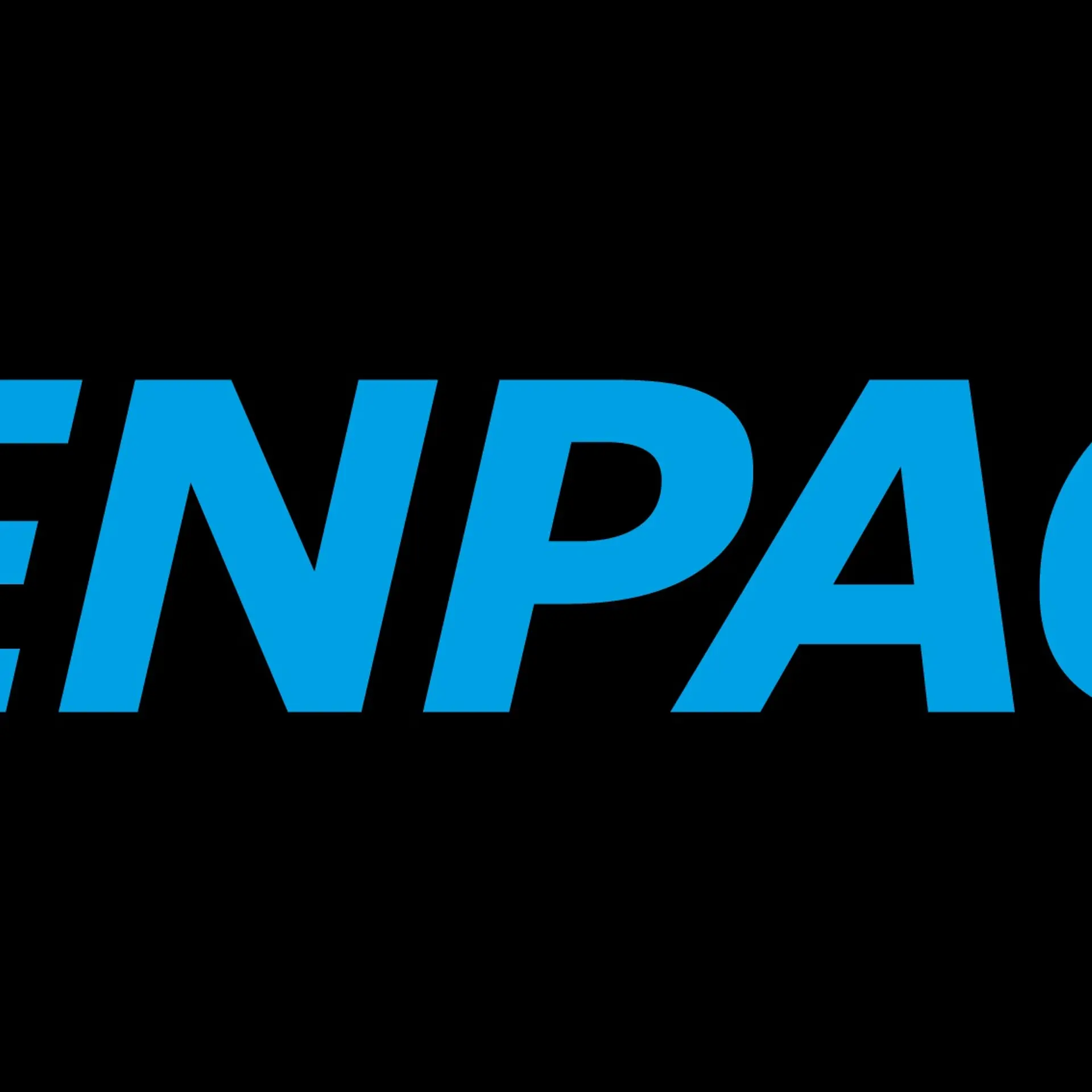

Should You Customize Your ERP
Customizing the ERP software is the beneficiary or not is a million dollar question for every enterprise.
Customizing the ERP software is the beneficiary or not is a million dollar question for every enterprise. The doubt arises in mind whether to make the desired change in the ERP software or to introduce modifications in the business core process to match with the design of the software. However, it is a tight call for entrepreneurs as the core business processes are made of basic instrumental in order to stretch the profit up to a certain competitive edge.

In one hand, the solution is not to customize the software but to modify the process by giving away the edge. On the contrary, the businesses that are embedded with the ERP software only for the easy management of business products and data can compromise with the software but cannot interfere with the core process. The enterprise believes that they may miss out the best practice in the global platform due to the certain change in their core process.
A phenomenal hype in cloud-based ERP system has been witnessed because it is quite flexible to any business model and does not require customization. This reason is ample enough for the enterprises to avoid the customization when they are taking the advantage of cloud-based ERP software.
To adopt what: configuration or customization?
So what would be the next way to conclude the basic requirements of an enterprise? It needs the technical analysis of the facts, the benefits and acceptance of configuring and customizing of ERP software. The term configuration depicts the absolute setting up of various parameters, workflows and relevant field. Customization is quite a different term that involves significant changes to the basic of ERP software structure. In the case of customization, an extra effort of the technically strong workforce is required to redesign the software by avoiding the potential errors and definite time delays. Nevertheless, the truth is that maximum of the business enterprises can maintain their objectives and requirements by configuring the ERP software only. It is quite a stable option and faster than customization as well.
Another drawback of customization is that the upgrading process of ERP software is adequate complex to kill more time and to increase the limit of expense. Thereby, the enterprises are not able to complete the upgrading process once the customization of ERP software is done. Following this event, the technical and software obsolescence forces them to change the existing ERP software to get rid of the corrupt result of the version-lock.
The consequences of customization:
Even though the replacement is not fruitful, the enterprises insist for customization of ERP software. Being influenced by the users or being over protective, the companies take the rapid decision that can be the appropriate reasons behind the customization. They are possessive about the organizational change and apprehensive about the consecutive results. Thus they become so prompt in changing and tweaking new software. In the new software, the stakeholders are unable to define the value of the new system, giving nothing more than the previous system. Thus it makes the investment to go ruin. However, it is still not clear whether to change the existing process or ERP software. But one thing is clear from ERP implementation is that the less you change the ERP software, the more value you get from the stake holders.






